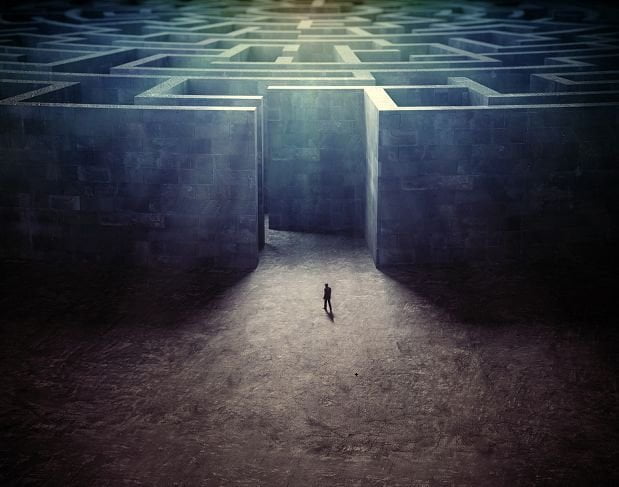
When you read this, you’re looking at your computer screen, mobile phone or tablet. You think that you see everything there is to see. But what if that’s not the case?
Is it possible we only see glimpses of reality? A cognitive scientist has put forward an intriguing theory suggesting that we live in a conceptual prison and only see glimpses of reality. This would mean that reality as we perceive it may only be a tiny fraction of true existence.
How Much Of Reality Do We Perceive?
There are some scientists, like Dr. Joe Dispenza, D.C who claim that your thoughts create your reality.
Dr. Dispenza who is a neuroscientist and author of several books such as for example Evolve Your Brain: The Science of Changing Your Mind said that he during his research into spontaneous remissions, discovered and continually sees, similarities in people who have experienced so-called miraculous healings – showing that they have actually changed their mind, which then changed their health. In other words, what you think can affect your health.
Recent studies in neuroscience have shown we can change our brain just by thinking.
The concept is interesting, but what happens of we do not perceive all of our so-called reality?
Researchers at the University of Amsterdam suggest that what you see is not real – it’s a visual illusion.
The findings suggest that even though our peripheral vision is less accurate and detailed than what we see in the center of the visual field, we may not notice a qualitative difference because our visual processing system actually fills in some of what we “see” in the periphery.
“Our findings show that, under the right circumstances, a large part of the periphery may become a visual illusion,” said psychology researcher Marte Otten from the University of Amsterdam.
What Is A Conceptual Prison?
Cognitive scientist Donald Hoffman, University of California has spent 30 years trying to unravel the mystery of our perception. He is convinced that evolution and quantum mechanics conspire to make objective reality an illusion.
Hoffman uses the evolutionary game theory to show our perception of reality is flawed.
“Evolution has shaped us with perceptions that allow us to survive. But part of that involves hiding from us the stuff we don’t need to know. And that’s pretty much all of reality, whatever reality might be,” Hoffman said.
“Evolution isn’t about truth, it’s about making kids. Every bit of information that you process costs calories, meaning that’s more food you need to kill and eat. So, an organism that sees all of reality would never be more fit than one tuned only to see what it needs to survive,” he adds.
Hoffman says he became interested in the subject of reality as a teenager. He wanted to find out if humans are machines and eventually in the 1980s he went to the artificial intelligence lab at MIT and worked on machine perception.
He has developed the theory of conscious agents to solve the combination problem of consciousness, both for the combination of subjects and of experiences, but Hoffman does not think we are machines.
“The mystery of how brain activity causes conscious experiences has not yet been solved, and never will be solved, because brain activity does not and cannot cause conscious experiences. If we want to have a scientific understanding of consciousness, and of the many well-documented correlations between brain activity and conscious experiences, then we cannot start with brain activity or physical dynamics of any kind. We must start with a brand new, but rigorous, foundation. I propose a new foundation which models consciousness as interacting networks of conscious agents,” Hoffman said.
According to Hoffman there’s no reason to believe that the objects that we see have any correspondence to things that exist outside our minds.
Our perceptual system is our window on the world, but it’s also a conceptual prison. Image credit: Glen Santayana
“The standard view of vision is that we’re akin to cameras, taking an image from light reflected off an object,” he explains. “But billions of neurons and trillions of synapses are involved between light hitting the retina and the construction of the 3D objects that we perceive.”
“Our perceptual system is our window on the world, but it’s also a conceptual prison. It’s difficult to conceive a reality outside of space and time. But maths can open up a chink in the walls of that prison. I can’t imagine a multidimensional space, but I can deal with infinite dimensional space in mathematical form,” Hoffman explained.
Hoffman says there are two inconsistencies in our perceptually-derived view of the Universe that may offer clues into the structure of reality beneath. The first: our inability to explain conscious experience, for example, how we get the sensation of what it is like to taste chocolate from the physical material of neurones and chemical messengers. The second: interpretations of quantum mechanics in which states of a particle are indefinite when unobserved – something that calls into question our assumption of objects continuing to exist whether or not anyone is looking at them.
Reality, according to Hoffman, is a network of conscious agents and by studying the dynamics of this network we can understand how its interactions build up to the perception that we have of a physical world.
Cognitive scientist Donald Hoffman’s exploration of the extraordinary creative genius of the mind’s eye “has many virtues, of which sheer intellectual excitement is the foremost” (Nature). Hoffman explains that far from being a passive recorder of a preexisting world, the eye actively constructs every aspect of our visual experience. In an informal style replete with illustrations, Hoffman presents the compelling scientific evidence for vision’s constructive powers, unveiling a grammar of vision – a set of rules that govern our perception of line, color, form, depth, and motion. Hoffman also describes the loss of these constructive powers in patients such as an artist who can no longer see or dream in color and a man who sees his father as an impostor. Finally, Hoffman explores the spinoffs of visual intelligence in the arts and technology, from film special effects to virtual reality. This is, in sum, “an outstanding example of creative popular science” Read more
With the help of mathematics, a recognition of the existence of this perceptual prison brings a freedom to form new theories about the world beyond it. Hoffman identifies two inconsistencies in our perceptually-derived view of the Universe that may offer clues into the structure of reality beneath.
The first: our inability to explain conscious experience, for example, how we get the sensation of what it is like to taste chocolate from the physical material of neurones and chemical messengers. The second: interpretations of quantum mechanics in which states of a particle are indefinite when unobserved – something that calls into question our assumption of objects continuing to exist whether or not anyone is looking at them.
Is Our Reality A Computer Simulation Created By An Unknown Advanced Life-Form?
More and more scientists are seriously discussing the nature of our reality. The Holographic Universe theory is becoming very popular.
One scientists suggested our reality is a hologram controlled by an evil genius.
A NASA JPL scientist said that our creator is a cosmic computer programmer and there are even researchers who say they have found evidence our Universe is a big 2D hologram and we are an illusion.
All these theories are though-provoking and many studies must be conducted before any conclusions can be reached.
Perhaps it really doesn’t matter right now whether we call our world a conceptual prison or a hologram. What matters is that we still cannot determine how much of reality we really perceive, and many would say we cannot even define the term “reality”.
Disclaimer: We at Prepare for Change (PFC) bring you information that is not offered by the mainstream news, and therefore may seem controversial. The opinions, views, statements, and/or information we present are not necessarily promoted, endorsed, espoused, or agreed to by Prepare for Change, its leadership Council, members, those who work with PFC, or those who read its content. However, they are hopefully provocative. Please use discernment! Use logical thinking, your own intuition and your own connection with Source, Spirit and Natural Laws to help you determine what is true and what is not. By sharing information and seeding dialogue, it is our goal to raise consciousness and awareness of higher truths to free us from enslavement of the matrix in this material realm.
 EN
EN FR
FR




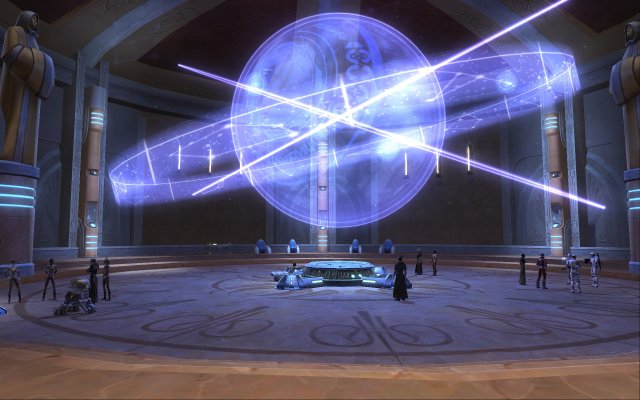

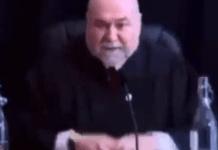




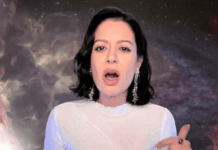





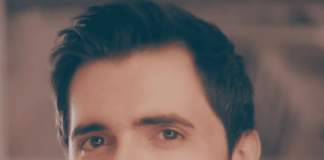












Moving from one country to another is an experience of leaving one reality and entering another, as I perceive it. Still, after almost 2 years, I’m surprised and amazed, sometimes even shocked, by the difference in culture between The Netherlands and United Kingdom.
For example, I’m sitting at a table with strangers, during a village potluck and slowly some form of conversation begins to unfold and as often happens, people begin to ask me “Where are you from?” and “What made you decide to move to England?”.
From one subject to another, we’re soon all engaged in a conversation, munching along happily, until we begin to move away for a second helping at the buffet, mingle around to see others in the Town Hall and the remains of the evening I don’t see any of them again, forgetting all about them.
Until the moment of departure arrives and my former table companions approach me, announcing their leave and explaining why and where in detail, almost without exception ending with a standard “Nice to meet you.”
It’s so Un-Dutch to do this that I almost laugh out loud when I hear them explain why and where, when they leave. As if they feel they need to justify themselves, almost apologising. We don’t do this in Holland. Once we’re done with a chat, we move on and meet others. We certainly don’t approach those we’ve met hours earlier and explain why, where and with whom we’re going to spend the remains of the day, after we leave lol
This cultural difference is probably an effect of differences in education and as far as the English lifestyle is concerned, politeness is a huge pillar in the British society. That cultural program is deeply embedded in the English population and this determines the reality for them. While my Dutch cultural program still determines my reality, meanwhile learning the ropes of living in the UK comfortably.
Two worlds colliding and merging in starts and fits, in slow motion and in sudden clashes. We all wear our glasses, coloured by our preconceptions, assumptions, expectations and judgments. At this moment we’re beginning to see with the eyes of our whole body it seems. Our senses become awake, in deeper levels. Peek a boo… beyond the veil, through the looking glass 🙂